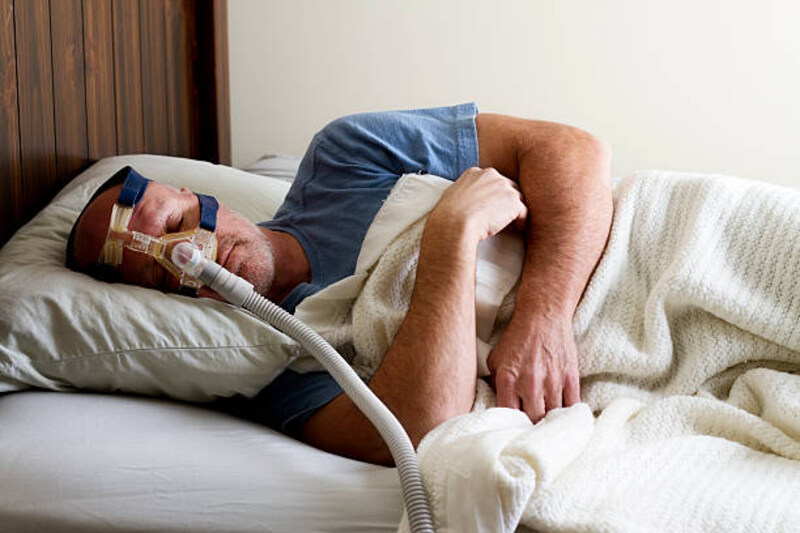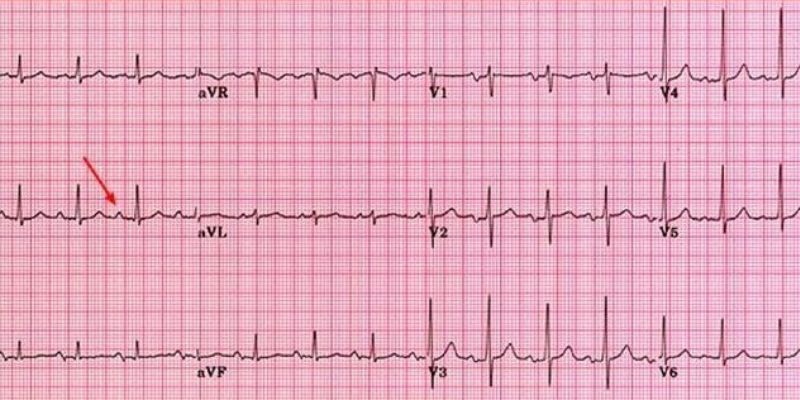Sleep apnea is one of those conditions we all hear about but don’t know much about. Many people have a bit of basic information, like it affects sleep or something to do with breathing; however, there can be far more symptoms and effects than what you first thought.
In this post, I am going to dive into the different aspects of sleep apnea such as causes, treatments and symptoms in order for you to have an overall understanding of what it means to live with obstructive sleep apnea (OSA). Whether you are directly affected by OSA or not, this will give you the knowledge necessary if someone close to you is suffering from it.
Introducing Sleep Apnea:
Sleep apnea is an common sleep disorder that affects millions of people worldwide. This condition occurs when a person breath repeatedly interrupted while sleep, cause them to wakes up briefly. The most common symptoms of sleep apnea include:
- loud snoring,
- daytime fatigue,
- difficulty concentrating,
However, if left undiagnosed and untreated, sleep apnea can significantly increase a person's risk of developing serious health issues such as high blood pressure, heart disease, and stroke. Therefore, it is important to seek medical attention if you suspect that you or someone you know may be suffering from sleep apnea.

Causes of Sleep Apnea:
Sleep apnea is an common sleep disorder that affects millions of people worldwide. The most common cause of sleep apnea is obesity, as excess weight can put pressure on the airways and cause them to collapse during sleep.
Other factors that can contribute to the development of sleep apnea include:
- smoking,
- alcohol consumption,
- family history,
Certain physical characteristics such as a deviated septum or enlarged tonsils can also cause sleep apnea. Identifying the underlying cause of sleep apnea is crucial for effective treatment and a better quality of life.
Treatment Options for Sleep Apnea:
Sleep apnea may seem like a mere inconvenience to some, but it can actually have serious health consequences. Luckily, there are a variety of treatment options available to help alleviate symptoms and improve sleep quality.
For milder cases, lifestyle changes like losing weight or quitting smoking may be enough to help. In more severe cases, therapies like continuous positive airway pressure (CPAP) machines or oral appliances that adjust the position of the jaw during sleep can be effective.
There are also medications that can be prescribed to help regulate sleep patterns and breathing. Whatever the treatment approach, it's important for sufferers to work with their healthcare provider to find a personalized solution that works best for them. By prioritizing treatment and taking steps to reduce symptoms, those with sleep apnea can look forward to a healthier, more restful night's sleep.
How Can I Reduce My Risk of Developing Sleep Apnea?
Sleep apnea is an common sleep disorder that affects many people around the world. It occurs when your airway becomes blocked while you're sleeping, causing shallow or paused breathing. While it can be a serious condition, there are ways you can reduce your risk of developing it.
Sleeping on your side and using a humidifier in your bedroom can also help prevent sleep apnea. By practicing healthy habits such as these, you can reduce your risk of developing sleep apnea and sleep soundly through the night.
Questions to Ask Your Doctor about Sleep Apnea:
If you suspect that you may be suffering from sleep apnea, it's important to talk to your doctor about it. But what should you be asking them? Here are some key questions to keep in mind.
First, you'll want to ask about the specific symptoms of sleep apnea and how it's diagnosed. Ask your doctor about the different treatment options available to you, including lifestyle changes and medical treatments.
Don't be afraid to also inquire about the potential risks or complications associated with untreated sleep apnea. By asking these questions, you can ensure that you receive the proper diagnosis and treatment plan for your specific condition.
When Should I Seek Medical Care for Sleep Apnea?

Sleep apnea affects millions of people and if you are one of them, it's important to pay attention to your body's signals. With that being said, it is hard to know when it's no longer a simple problem that can be resolved with a few lifestyle adjustments and when it's time to seek medical intervention.
If you are experiencing snoring loudly, gasping for air or choking during sleep, it could be an indication of sleep apnea. You may also find yourself waking up in the middle of the night with shortness of breath, a headache in the morning, or feeling extremely tired throughout the day.
These signs are critical and should not be ignored, as they may indicate that your sleep apnea is worsening, and medical attention may be necessary. If you are experiencing any of these symptoms, please consult a doctor as soon as possible to ensure that you receive the proper treatment and care.
Conclusion:
It is important to recognize sleep apnea and its effects on your health. Knowing common symptoms like snoring, daytime fatigue, irritability, and headaches can help you identify this condition. various underlying causes such as being overweight, having a deviated septum, or simply an over crowded jaw can heighten your risk of developing sleep apnea. Fortunately there are several treatments available to manage the disorder including lifestyle changes and medications.
FAQs:
What is sleep apnea caused by?
Sleep apnea is caused by a variety of factors, including obesity, physical characteristics like a deviated septum or enlarged tonsils, smoking, alcohol consumption, and family history.
Who suffers from sleep apnea?
Sleep apnea is an common sleep disorder that affects millions of people worldwide. It can affect adults, children, and even infants.
Is sleep apnea a problem?
Yes, sleep apnea is a serious condition that can have severe health consequences. It can lead to high blood pressure, stroke, heart attack, and even diabetes.




